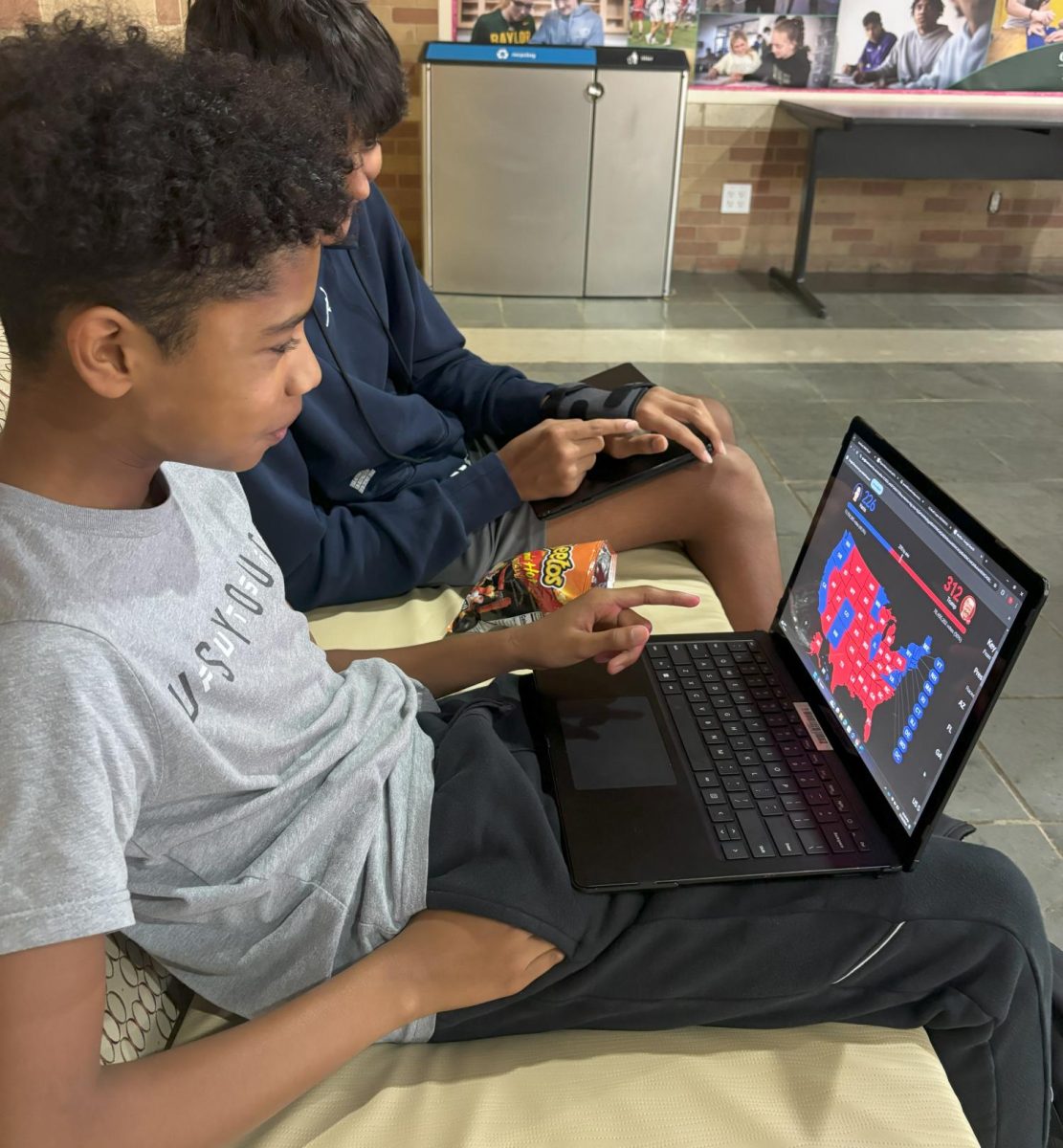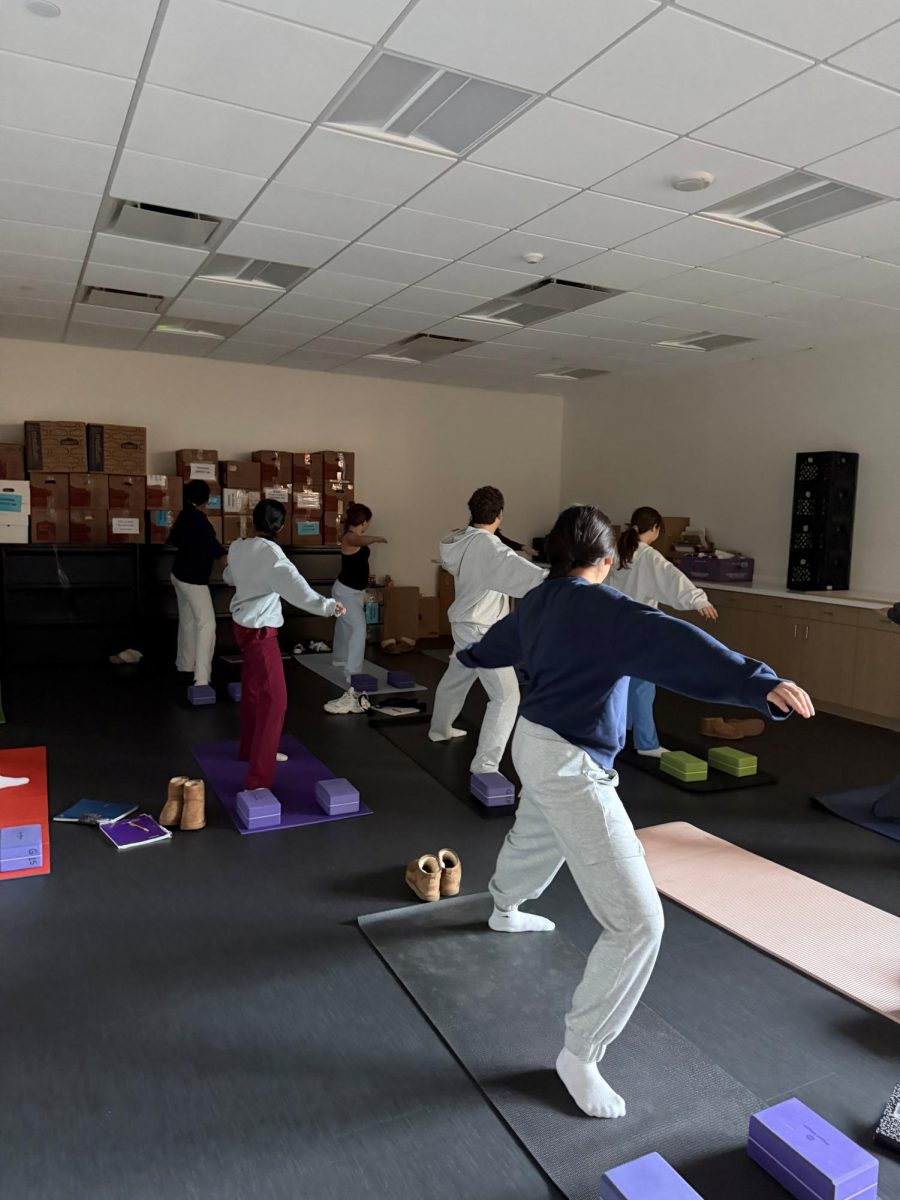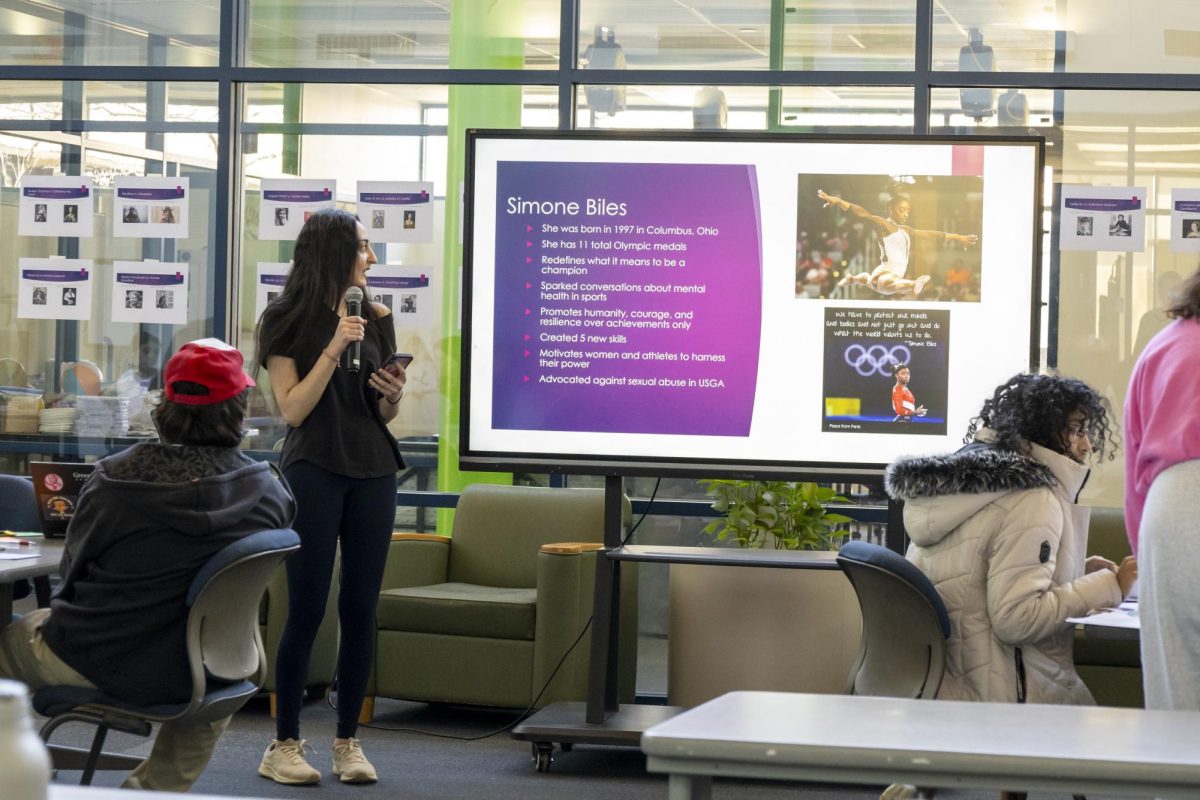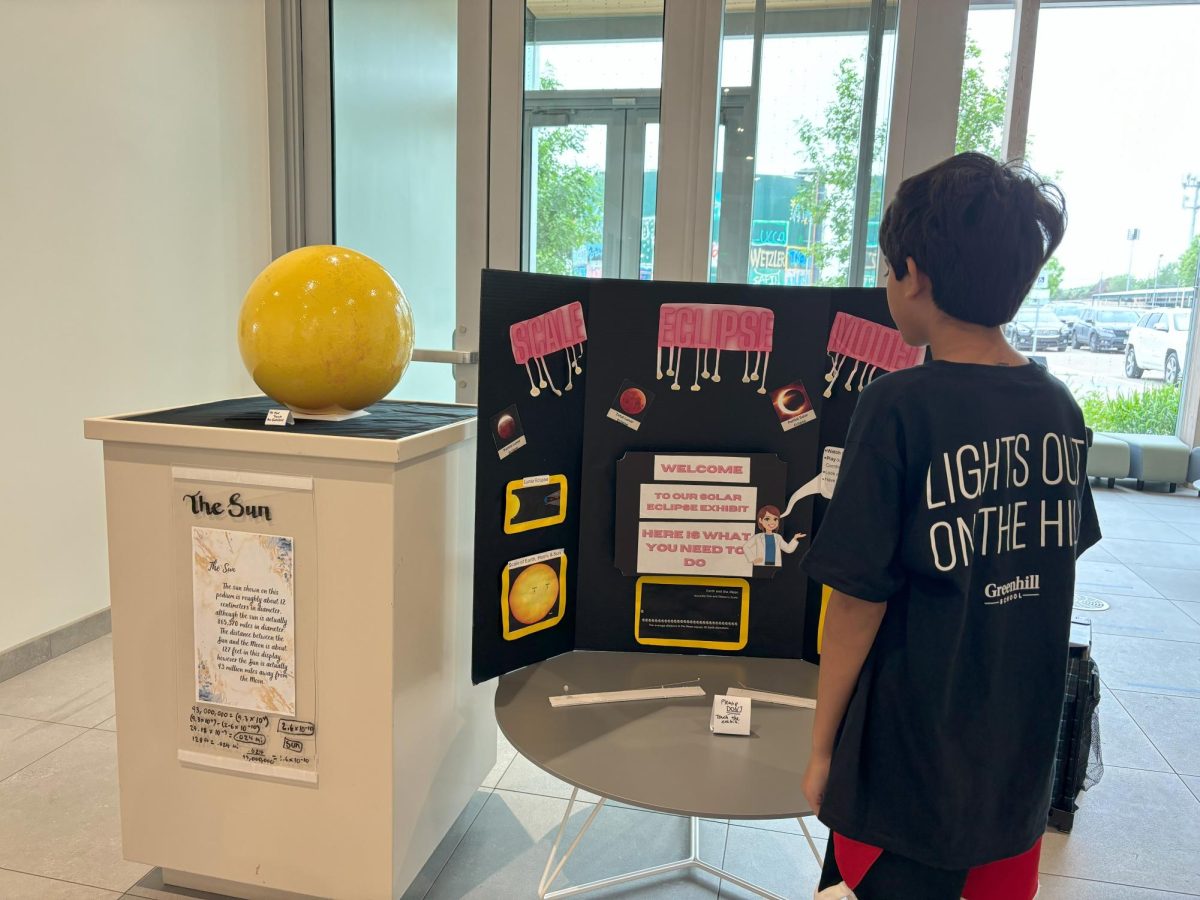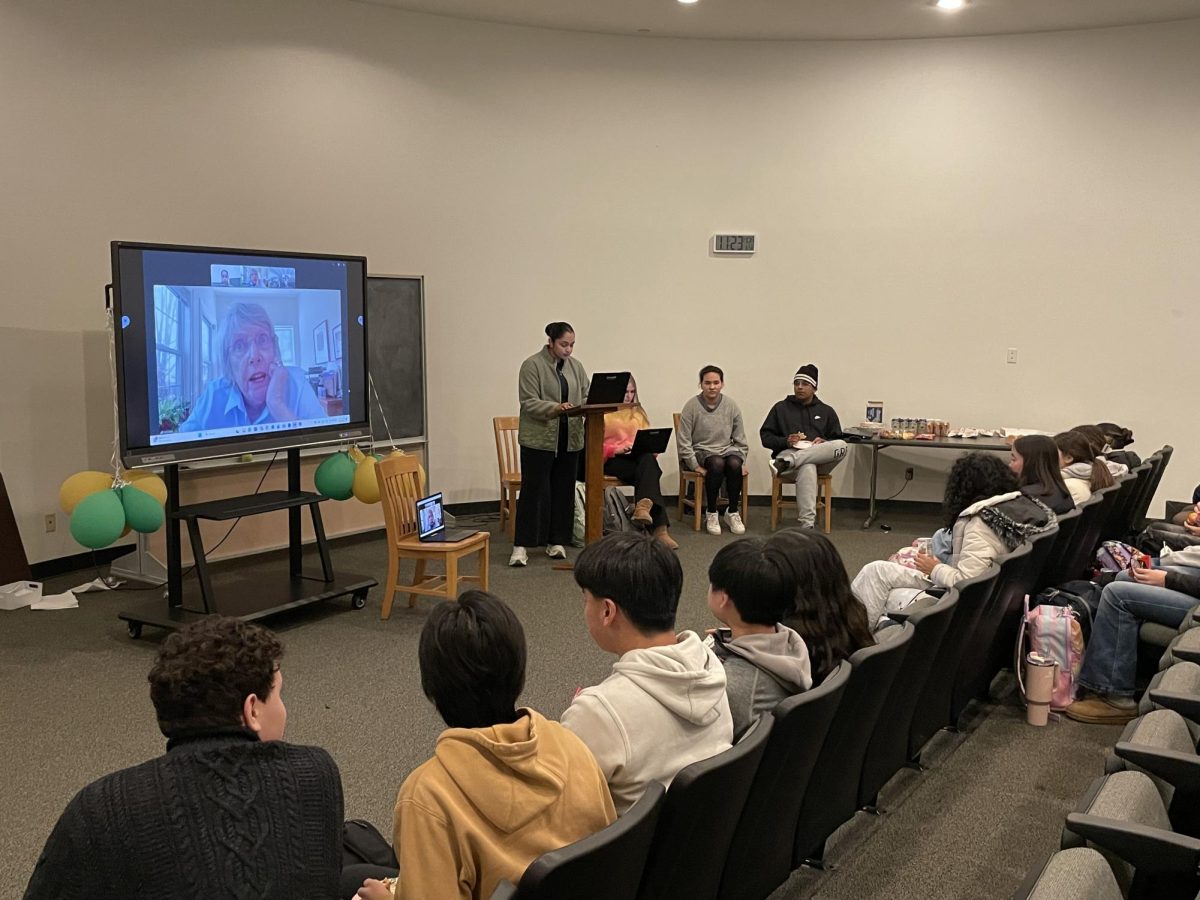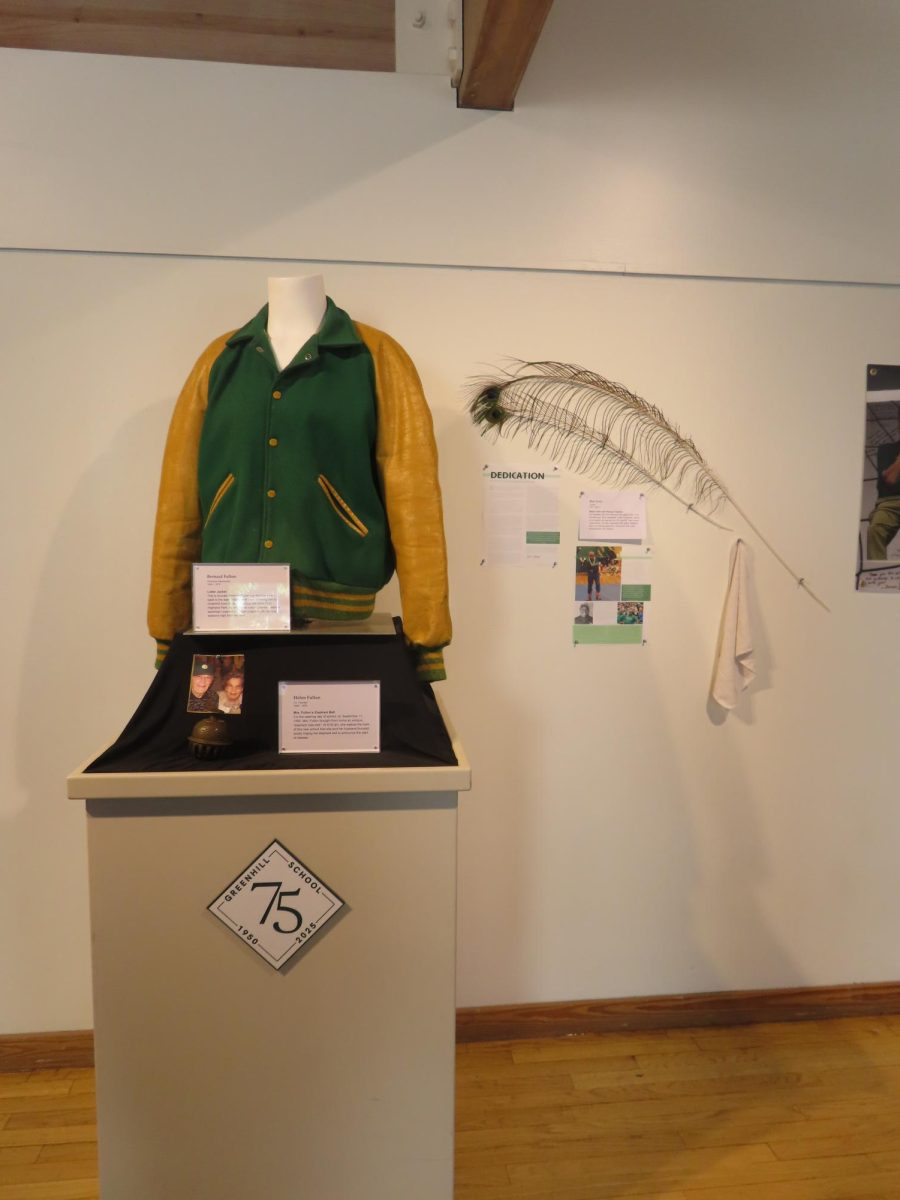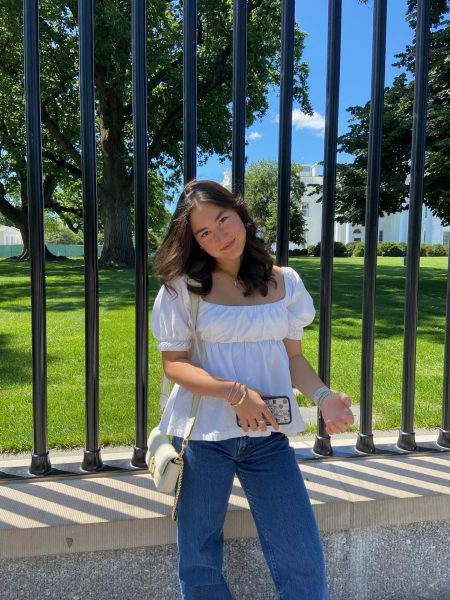Following the 2024 presidential election, Greenhill students and teachers returned to school with differing opinions. Despite the nation’s divided state, school leaders have attempted to maintain unity within the Greenhill campus.
“I try to encourage Greenhill students to be active participants in the political process,” Upper School History Department Chair Amy Bresie said. “That is what matters to me, having students engaged in the world around them.”
While many faculty members have joined their classes in election discussions, they have also been met with challenges navigating these talks. In school, many teachers try to maintain an unbiased view on the topic.
“I think in an academic space, the purpose is to learn,” Upper School history teacher Scott Cotton said. “Whatever opinions and feelings people may have, those can be shared with friends, with family, you know, in other spaces.”
According to Head of Upper School Trevor Worcester, as the country has faced more polarization, it has been increasingly difficult to comfortably talk about politics. Depending on the class, different types of conversations are also more permitted than others.
“[The History Department] had a lot of conversations about how we are addressing [the election] in classes and what are the most helpful things to say,” Bresie said. “I mean, you can not put history people in a room together and not have them talk about politics.”
For history classes, several teachers have brought up these recent events to further their students’ learning.
“We talked about it extensively in my Women’s History class,” Bresie said. “It was just very timely and had gender components to it.”
While these conversations often pertain to history classes, other departments have also questioned how to navigate such discussions.
“For other classes, it may be conversations that come up, and at that point, I think it is sort of a little dependent on the faculty member to handle it,” Worcester said.
Rather than excluding any talk, the administrators have advised teachers to focus on what will benefit the class, even if it is not about the election.
In addition to teachers, students say they have been conscious talking about these topics, especially because of how they can be perceived.
“Students have opinions, and it is ok,” Cotton said. “But that is not the primary purpose of these discussions, it is more to increase learning.”
Through the administration and faculty members’ decisions, Greenhill has emphasized maintaining a strong and united community through the election. While students and teachers struggle with this topic, many turn to Greenhill’s core values, which highlight the inclusivity fostered throughout the campus.
“We are inviting the entire Greenhill community to wear green and gold to school on Nov. 6,” Head of School Lee Hark wrote in an email sent to all Greenhill parents. “This is to remind us that while we may have differences of opinion, we are all one community.”
In addition to encouraging the community to wear school colors, the email outlined important guidelines of Greenhill’s policy.
“I think it is helpful to think about the fact that there is a deeply divided and tumultuous community outside, but we have all chosen to be part of this community,” Bresie said. “I would like to hope that this community has different values than the outside community.

